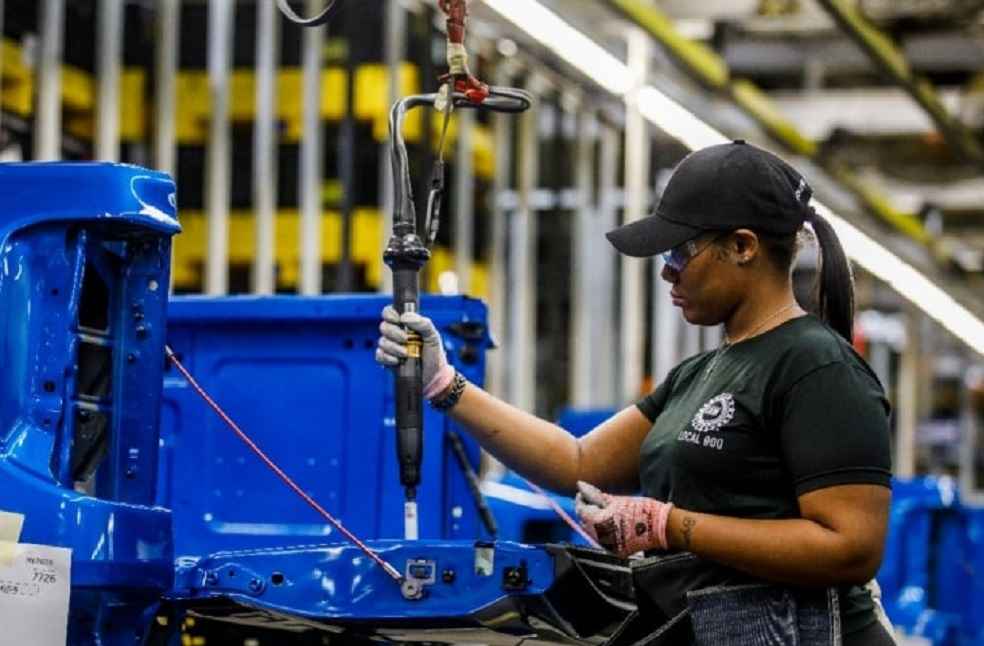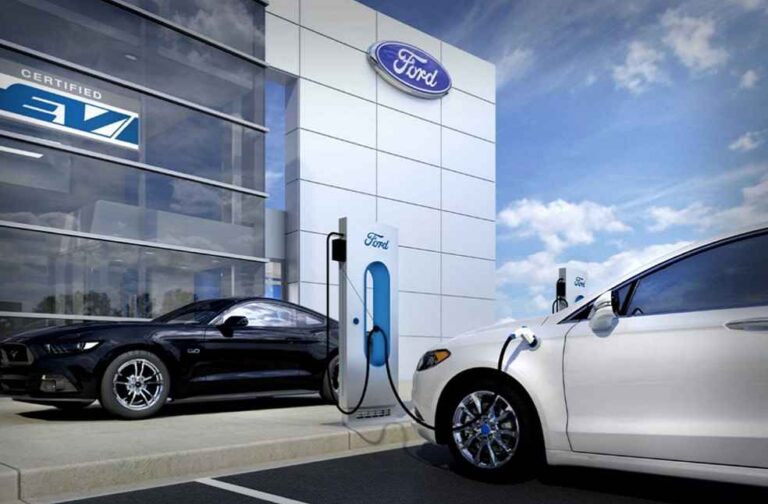Ford Motor Company has unveiled a comprehensive restructuring plan aimed at securing long-term sustainability and enhancing its competitive edge in Europe. This decision follows substantial challenges in the region, particularly in the passenger vehicle segment, which has faced mounting losses amid the rapid shift to electrified vehicles and intensifying market competition.
Workforce Adjustments
As part of its restructuring efforts, Ford plans to reduce its European workforce by approximately 4,000 positions by the end of 2027. The reductions, pending consultations with European social partners, will predominantly affect operations in Germany, with the UK also experiencing some impact. Minimal changes are expected in other European markets.
Production Changes
In response to weaker-than-anticipated economic conditions and lower demand for electric vehicles (EVs), Ford is adjusting its production strategy for its upcoming Explorer and Capri models. These changes will lead to additional short-time working days at the company’s Cologne plant in early 2025.

Commitment to Transformation
Ford emphasised its long-standing presence in Europe, with more than a century of operations in the region. Dave Johnston, Ford’s European Vice President for Transformation and Partnerships, reaffirmed the company’s dedication to building a sustainable and thriving European business. “It is critical to take difficult but decisive action to ensure Ford’s future competitiveness in Europe,” he said.
Call for Collaborative Action
Ford highlighted the challenges facing the global automotive industry, particularly in Europe, where regulatory and market dynamics present significant obstacles. The company issued an urgent appeal to policymakers, trade unions, and social partners to align efforts toward a successful transition to electrified mobility.
In a letter to the German government, John Lawler, Ford’s Vice Chairman and CFO, reiterated the company’s commitment to achieving 2035 emission targets. However, he stressed the need for supportive policies, including increased public investment in EV charging infrastructure, consumer incentives, and greater flexibility in meeting CO2 compliance targets.

Investments in Electrification
Over the past four years, Ford has invested heavily in transforming its European operations. This includes a $2 billion investment in its Cologne plant, which has been reconfigured into an electric vehicle production hub. These efforts underscore Ford’s commitment to delivering the next generation of electrified and software-defined vehicles tailored for European customers.
Future Vision for Ford in Europe
Ford outlined its vision for a redefined European business, focusing on:
Commercial Vehicle Leadership: Building on its decade-long dominance in the commercial vehicle sector, Ford aims to support business customers with solutions that reduce emissions and enhance productivity.
Iconic Passenger Vehicles: The company plans to compete selectively in passenger vehicle segments, offering a mix of internal combustion engine (ICE), hybrid, and fully electric vehicles, while adhering to European regulations.
Efficient Industrial Systems: Ford is committed to a modern, cost-effective manufacturing framework, leveraging advanced technology and innovation to drive quality and sustainability.
Ford’s strategy underscores its resolve to overcome current challenges and secure a strong, sustainable future in Europe. While these measures may involve difficult decisions, they reflect the company’s determination to adapt and thrive in a rapidly evolving automotive landscape.
LATEST | China’s Auto Sector Soars as BYD Leads EV Growth Amid Global Challenges





